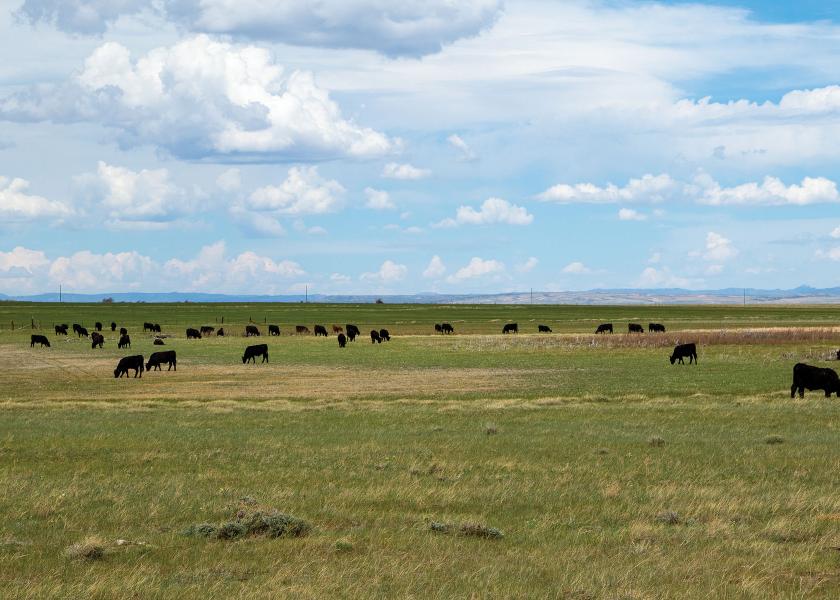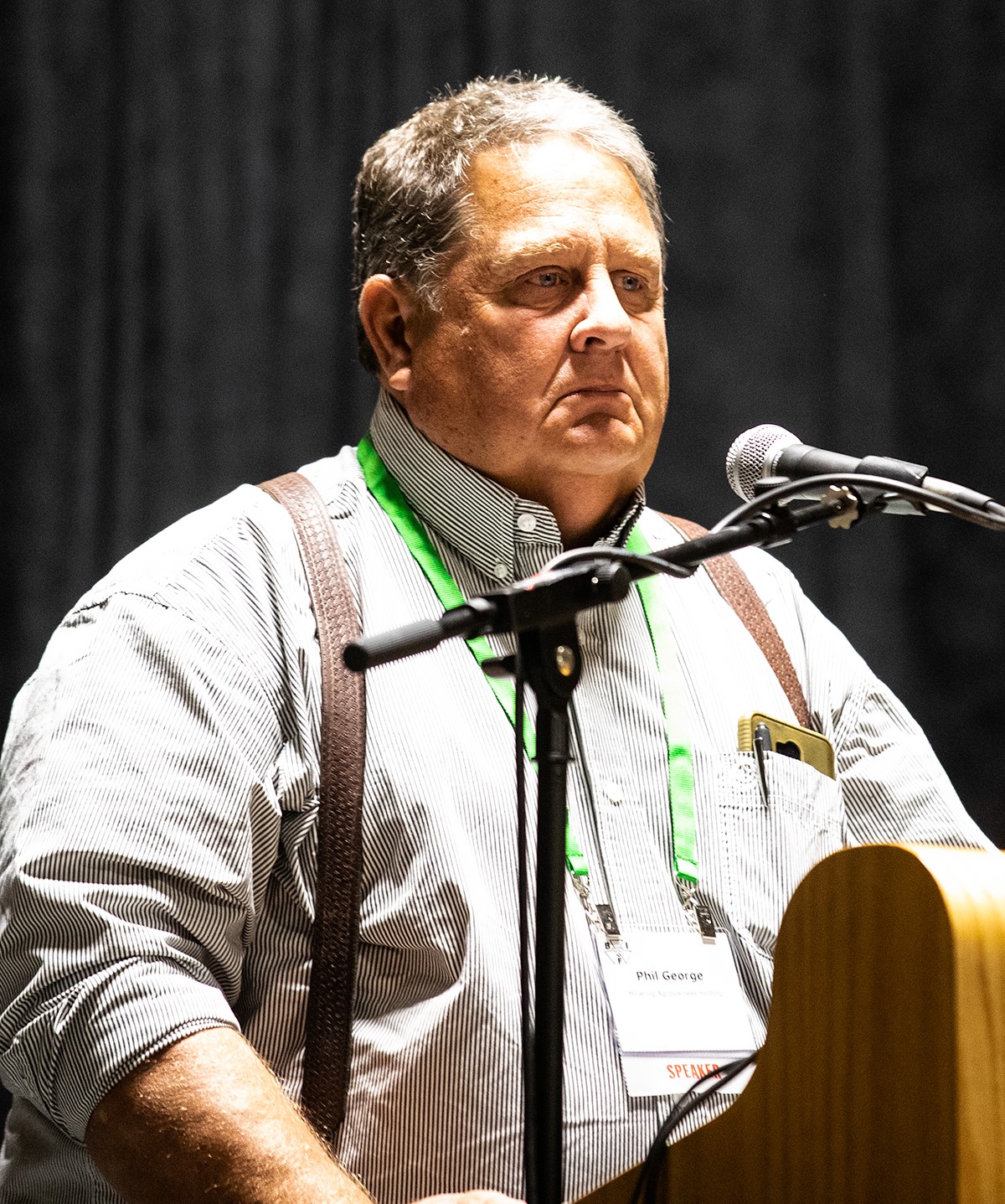Vertically Integrated Beef Production Drives Genetic Progress

“We feed people is the company motto. It has a much deeper meaning in Russia because there have been some very hard times without food,” explained Dr. Phil George, Miratorg Agribusiness Holding beef & lamb operations production director. George gave his presentation “Global Sourcing of Beef Genetics to Meet a Vertically Coordinated Breeding Objective” during the Beef Improvement Federation (BIF) Symposium June 3 in Las Cruces, New Mexico.
George introduced attendees to Miratorg Agribusiness Holding and shared findings from their recent implementation of a genetic improvement strategy utilizing nucleus herds to meet economically important traits efficiently and effectively.

Miratorg Agribusiness Holding is a completely vertically integrated privately held food company based in Moscow, Russia. The company is owned by identical twin brothers and specializes in pork, broiler, beef cattle and lamb production. The company currently maintains 100 cow-calf production farms (360,000 mother cows), 50 replacement heifer development farms and weaned steer backgrounding farms, three feedlots with a one-time capacity of 225,000 head and one beef plant with a 100 head per hour chain speed and an annual processing capacity of 500,000 heads. The beef farms are typically 12,500 to 18,000 acres in size.
“These guys are some of the most driven, ambitious guys, I’ve ever been around. The battles they have faced over the last 25 years of their business, nobody would have done if it wasn’t their own money, their own company,” George said.
Improving Bottom Line
The company has set specific targets for the most economically important traits in the production herd predicted to increase the bottom line each year by an additional $6 million USD. Two different strategies for bull and replacement heifer production were evaluated. Each strategy utilized a nucleus herd with the first strategy adding a large multiplier herd utilizing natural service and the second remaining constant with no multiplier herd.
George said genetic progress was slow in the multiplier herd strategy. None of the economically important trait targets would be achieved within the 20-year timeline and most traits would require 50 or more years to achieve their targets. Based on findings, the multiplier herd strategy was rejected and the strategy to produce bulls directly from the nucleus herd was adopted.
“We have great emphasis on genetic progress in our vertically integrated enterprise for genetic control. Genetic control is critical for predictability, consistency and quality for our customers,” George explained.
Conclusions from the project thus far are: cattle are extremely resilient and adaptable to severe cold weather challenges, genomic enhanced expected progeny differences (EPDs)s are very reliable in selection decisions, and reproductive technologies can be successfully implemented on a large scale.
To watch George’s full presentation, visit https://youtu.be/dtB1Zn_X6lA. For more information about this year’s Symposium and the Beef Improvement Federation, including additional presentations and award winners, visit BIFSymposium.com.







